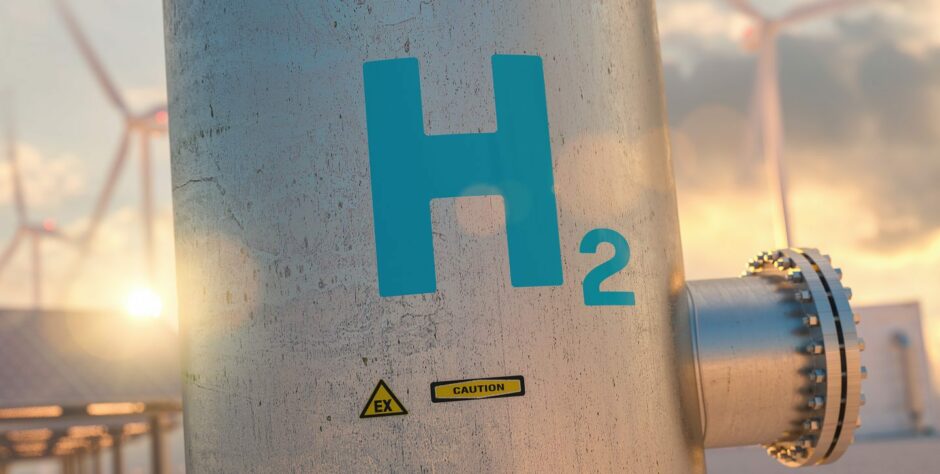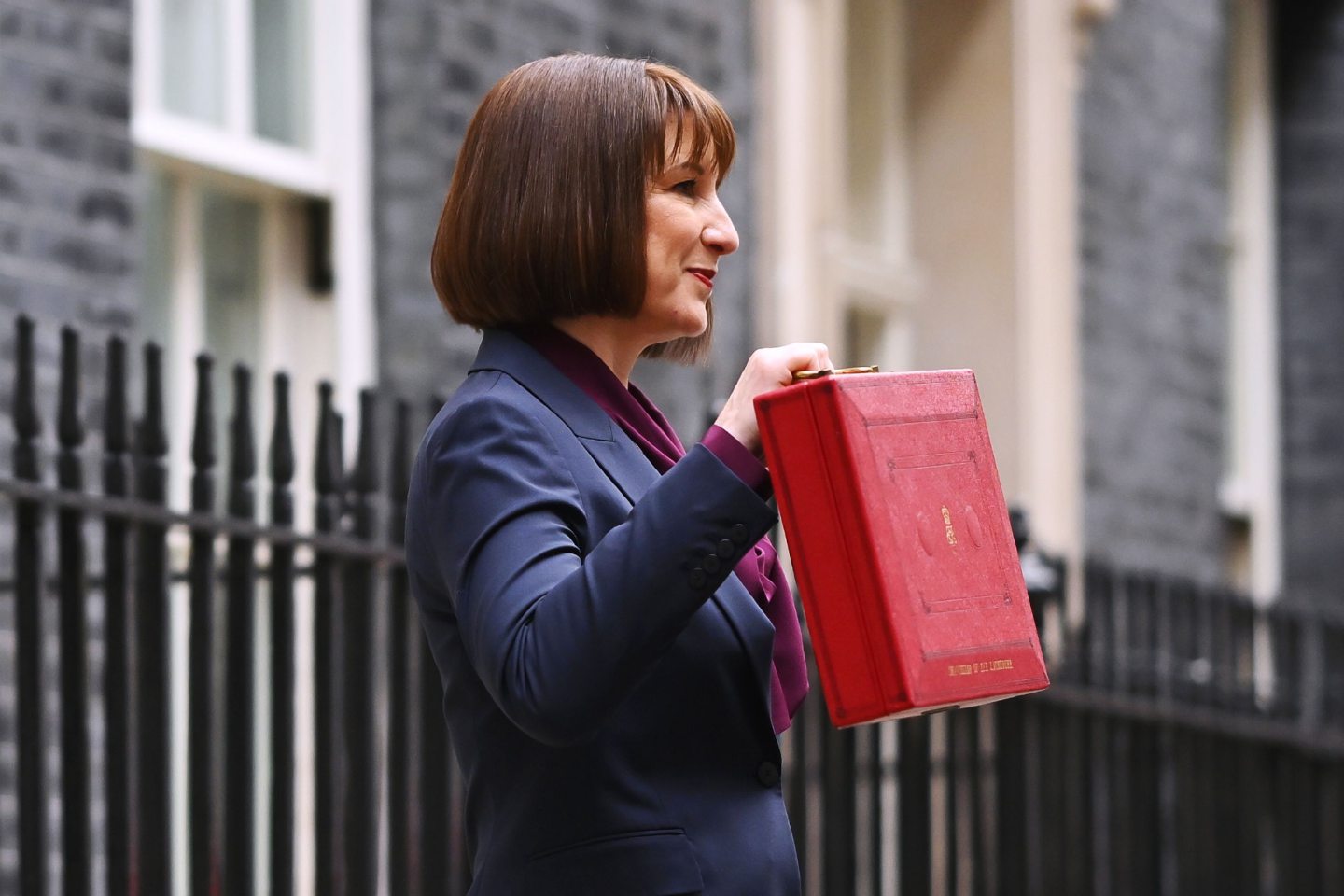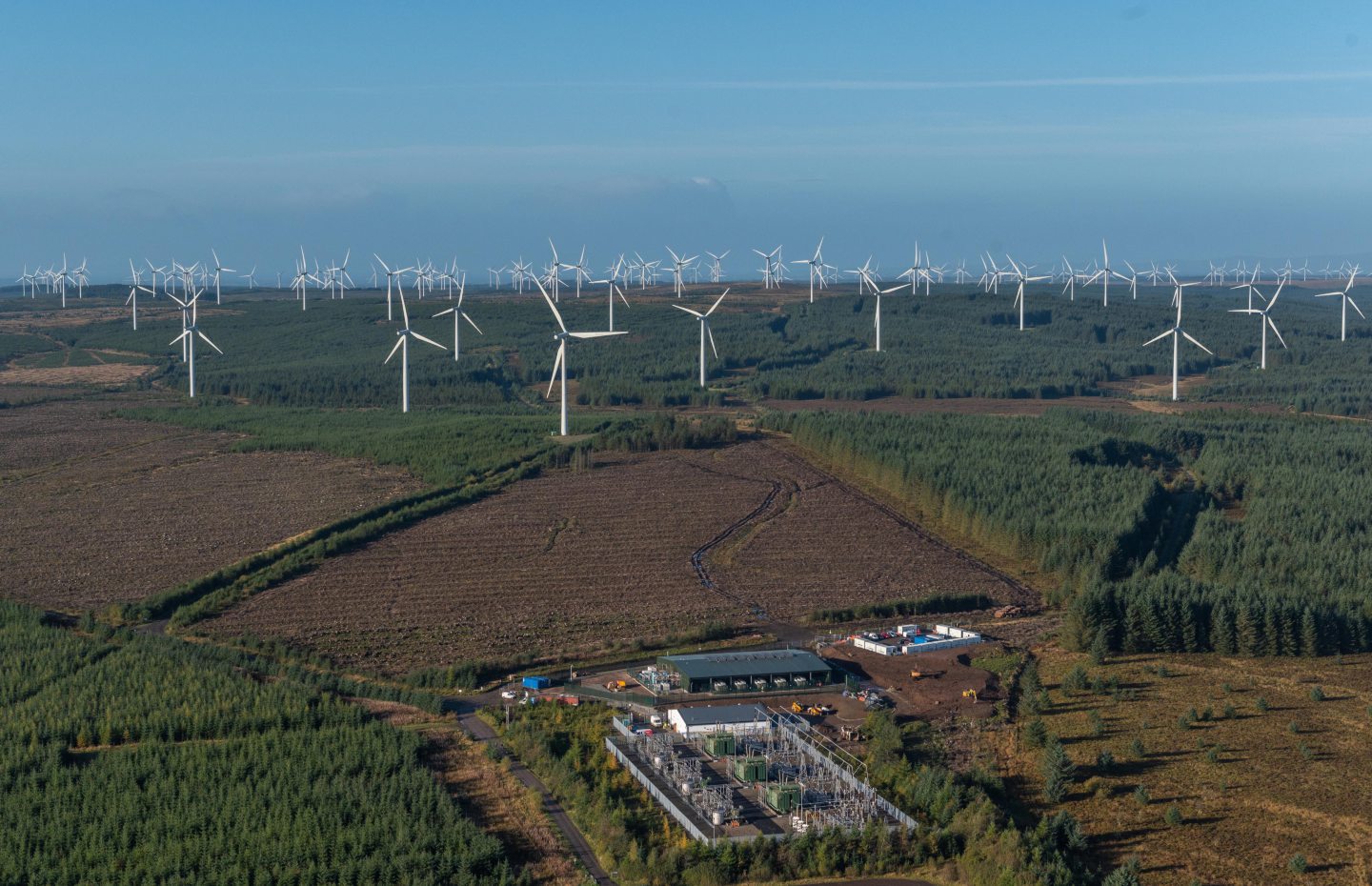
The UK Labour government has confirmed £2 billion of funding for 11 green hydrogen projects in its Autumn Budget.
Alongside changes to the windfall tax on North Sea oil and gas firms, Chancellor Rachel Reeves allocated funds for the HAR1 projects, including two in Scotland.
“Today, I am providing funding for 11 new green hydrogen projects across England, Scotland and Wales,” Reeves said.
“They will be amongst the first commercial-scale projects anywhere in the world.”
The 11 HAR1 projects, representing 125 MW of capacity, were announced by the previous Conservative government in December last year.
ScottishPower, Carlton Power, EDF Renewables and Storegga were among the developers to win funding for their green hydrogen schemes.
But in the months following the HAR1 announcement, the UK hydrogen sector raised concerns about funding delays, regulatory hurdles and a lack of clarity around government policy.
As a result, so far none of the HAR1 projects have reached a final investment decision (FID) nearly a year later.
Budget signals for hydrogen sector
But with the UK government set to award up to 875 MW in capacity in the HAR2 round in the coming weeks, the sector was keen for signs of support in the budget.
Alongside HAR1 funding, the Chancellor also confirmed £5bn of the initial £8.3bn for GB Energy will be allocated to project investment with a particular focus on less established technology classes, potentially benefitting the hydrogen sector.
The Treasury also confirmed a Carbon Border Adjustment Mechanism will come into effect from 2027, which could boost domestic production of hydrogen derivatives.
Meanwhile, the government also committed £27.8bn to the newly formed National Wealth Fund (NWF).
The government hopes this will lead to nearly £70bn in private investment, with target areas including ports, green steel and hydrogen production.
Labour has also confirmed £22bn in support for track-1 carbon capture and storage (CCS) clusters in England.
Alongside CCS infrastructure, the HyNet and East Coast Cluster schemes also include investments in blue hydrogen production for industrial decarbonisation.
HAR1 green hydrogen funding
Reacting to the budget, Hydrogen UK head of policy Brett Ryan said the HAR1 funding announcement “underscores a strong commitment to making Britain a clean energy superpower, of which hydrogen will be a critical component”.
“The reaffirming of the multi-year investment into carbon capture and storage, along with funding for the 11 HAR1 projects, marks a much anticipated formal announcement on the government’s commitment to these clean energy sectors,” Ryan said.
Ryan said the industry body will now work with the government to ensure projects reach FID “as soon as possible, avoiding further delay”.
Aurora Energy Research research associate Pranav Menon said the Autumn budget marked Labour’s first “real opportunity” to deliver on key election pledges.
Menon said the £39.5bn in funding committed to energy transition initiatives through GB Energy and the NWF “clearly signals the government’s ambitious decarbonisation goals”.
“Looking ahead, given their wide remits to deliver project financing, invest in supply chains, and support project development, investments made by these new organisations face a high opportunity cost,” Menon said.
“Their key challenge will be identifying the areas to deploy capital that offer the best wider returns to the public, which has been a significant challenge in the past.”
Action needed for HAR1 projects
Aquaterra Energy chief executive officer George Morrison said the budget funding for CCS and hydrogen is a “promising nod to the future of the UK energy sector”.
“Yet, with ongoing challenges from the effects of the profits levy, potential alone won’t cut it,” Morrison said.
“The North Sea’s future relies on swift regulatory action, strategic infrastructure investment, and robust supply chain support, alongside targeted measures to advance electrolyser technology for green hydrogen at scale.
“Only with these in place can we bring these projects from paper to powerhouse.”
Pinsent Masons energy partner for hydrogen Stacey Collins said the government must act swiftly to see HAR1 projects reach FID.
“Whilst this is a positive signal of intent, we need to see it backed up with strong governmental leadership to get these projects off the ground,” Collins said.
Recommended for you

 © Shutterstock Feed
© Shutterstock Feed © Supplied by SYSTEM
© Supplied by SYSTEM © Supplied by Scottish Enterprise
© Supplied by Scottish Enterprise